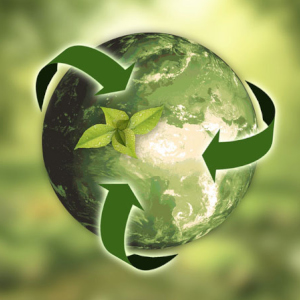According to the definition suggested in “Our Common Future” report published in 1987 by the World Commission for the Environment and Development of the United Nations Environment Program, sustainable development means “a development capable of ensuring the satisfaction of nowadays generation without compromising the possibility of future generations to realize their own”.
In this definition, the concept of sustainability is linked to three “pillars” that allows both the development of economic activities and environmental safeguard.
Environmental sustainability
Guarantee the availability and quality of natural resources, and adopt “green practices” in the company through a series of tools and organizational/managerial structures aimed at reducing the impact of the company’s activity on the ecosystem and implementing a strategy oriented towards sustainability environment and the fight against climate change.
Social sustainability
Guarantee the quality of life, safety and services for citizens through the assessment of national and international relations, the impact on the territory and on the quality of life of workers and the local community.
Economic sustainability Ensure economic efficiency and income for businesses. The European Union decided to do something to encourage sustainable finance, that is, those investments aimed at stimulating economic growth with a reduction of pressures on the environment, taking into account social and governance aspects.

